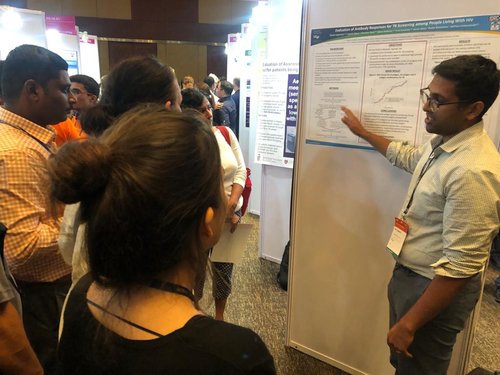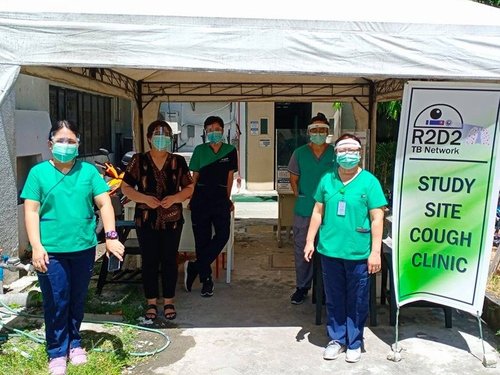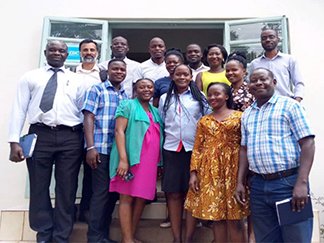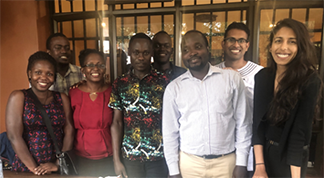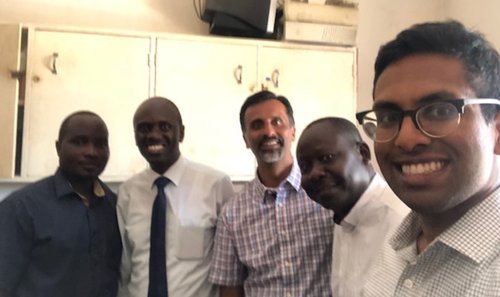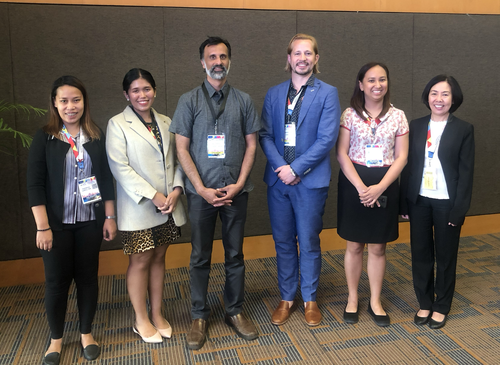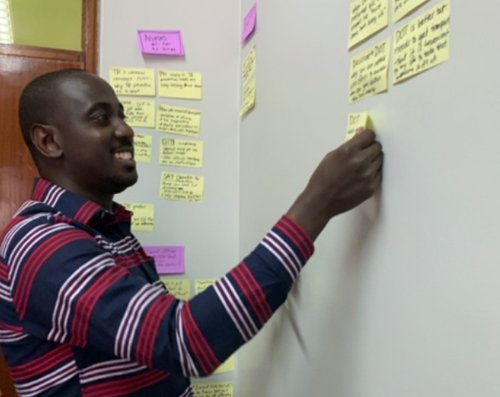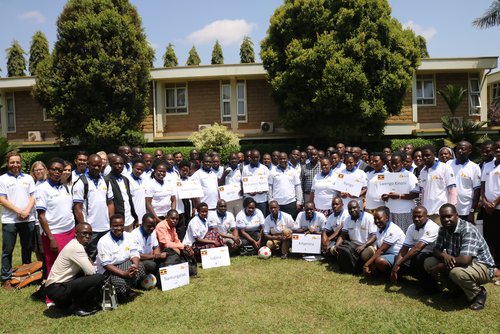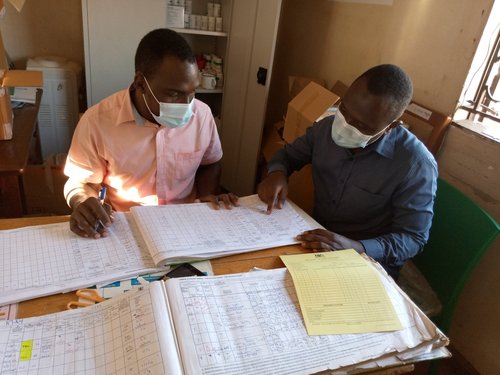Unifying innovation and community to fight TB
Each year, nearly 2 million of the 8 million estimated patients with TB worldwide are “missed”. The failure to diagnose TB rapidly and initiate treatment contributes to worse outcomes for patients and ongoing transmission of the disease in the community.
To address this challenge, we have applied innovation across all three facets of our program, as listed below. Click below to learn more about our projects:
Identifying the best diagnostic tools through collaboration
We conduct primary studies at field sites in Uganda and the Philippines and systematic reviews to support guideline development for TB diagnostics. We focus not only on diagnostic accuracy but also on evaluating the impact of new diagnostics on clinical decisions and patient outcomes.
Currently, we lead an NIH-funded TB diagnostics research network conducting field evaluations of novel TB triage, diagnostic and drug resistance tests in 6 countries.
In addition, our pediatric TB diagnostics evaluation site in Uganda is recognized as among the best in the world (leading enrollment center for multi-site evaluations of recently completed stool-based Xpert MTB/RIF testing and SILVAMP TB-LAM assay).
Improving quality of tuberculosis care
The group collaborates actively with basic scientists and engineers to identify novel biomarkers for TB screening and diagnosis and to develop point-of-care platforms for biomarker detection.
My subsequent research has focused on improving the quality of tuberculosis care. We were among the first to show that introduction of the semi-automated molecular diagnostic Xpert MTB/RIF led to a higher number of diagnoses but not improved patient outcomes at Mulago Hospital (Kampala, Uganda), a finding which has now been confirmed in several randomized trials. I also led a series of studies that used mixed methods approaches to document, understand and improve gaps in the TB diagnostic cascade of care at health centers in rural Uganda. These studies are among the first examples of research using implementation science frameworks to develop and evaluate strategies to increase uptake of recommendations for TB care. They confirm that uptake of new interventions requires active facilitation and that theory-informed approaches are useful for developing facilitation strategies.
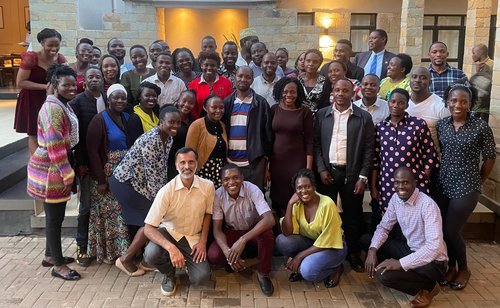
Building implementation science research capacity
We measure the quality of care delivered to patients with TB and use implementation science-based approaches to develop and test strategies to improve care delivery. Our expertise in this area has led to collaborations to study and improve care delivery for other lung health conditions (e.g., asthma, COPD) in domestic and international settings.
